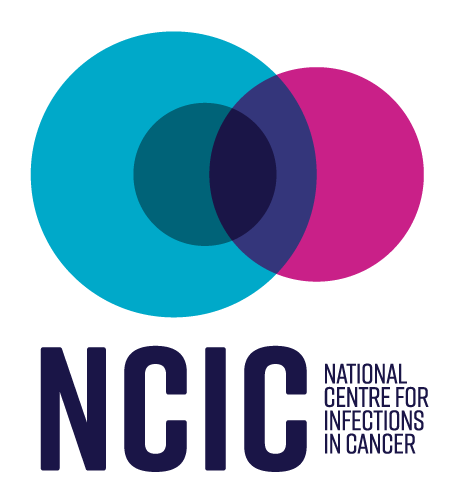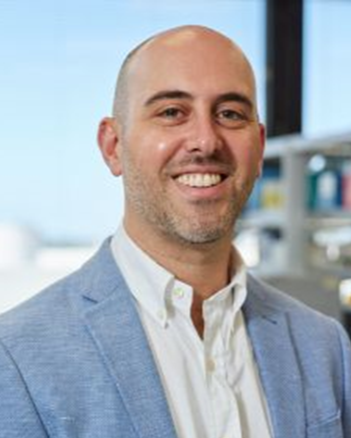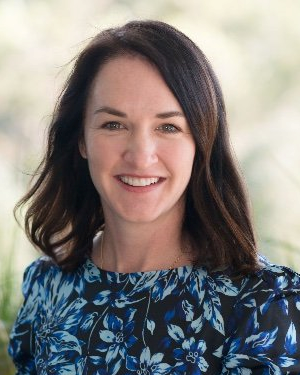PhD Pathways
Clinician PhD Pathway
-
The clinician PhD pathway is for medical professionals / clinicians who want to combine clinical practice with research in cancer & infections. Offers clinical session top-ups to embed you in a specialist cancer-care setting, and multidisciplinary network opportunities.
-
• Clinical exposure and opportunities to translate research into practice.
• Networking with specialists and international collaborators.
• Mentorship from senior clinicians & investigators.
• Evidence of successful career progression of alumni.
Our Clinician PhD Graduates
A/Prof Michelle Yong, Peter Mac
•2022 Peter MacCallum Cancer Centre Lea Award
•2018 Victoria Premier’s award finalist
•NHMRC ECF
•MRFF Rapid COVID Response grant (CSMART Trial)
•Peter Mac Foundation grant
Prof Jason Trubiano, Austin Health
•Director of Infectious Diseases, Austin Health
•MRFF EL2
Dr Abby Douglas, Peter Mac
•2023 Peter MacCallum Cancer Centre Post-graduate research medal
•2024 Peter MacCallum Cancer Centre Lea Award
•NHMRC EL1
•Peter Mac Foundation grant
A/Prof Benjamin Teh, Peter Mac
•2017 Victoria Premier’s award
•2017 UoM Chancellors prize
•ATAGI member
•NHMRC ECF
•MRFF EL2
A/Prof Gabrielle Haeusler, MCRI
•2018 Victoria Premier’s award
Head of Department ID Royal Children’s Hospital
•2018 UoM Chancellors prize
•2018 Peter MacCallum Cancer Centre Post-graduate research medal
•Victorian Cancer Agency ECF
•NHMRC ECF
•NHMRC EL2
•CIA MRFF, Project grant
Pharmacist Pathway
-
The Pharmacist PhD Pathway is designed for pharmacists who want to combine their clinical expertise with cutting-edge research in cancer and infectious diseases. This pathway provides opportunities to explore how medicines are developed, optimised, and implemented in practice, with a focus on improving patient outcomes and advancing antimicrobial stewardship. It is ideal for pharmacists looking to bridge the gap between clinical care and academic research while shaping the future of oncology and infection management.
-
Specialist expertise in antimicrobial stewardship and infection management for cancer patients.
Hands-on research training in pharmacokinetics/pharmacodynamics (PK/PD) modelling and antibiotic drug level monitoring.
Experience in translational research, linking medicines optimization directly to patient outcomes.
Collaboration opportunities with national and international centres, including CRE-RESPOND, NCAS, and the Fred Hutch Cancer Center.
Mentorship and supervision from leading clinician-scientists and pharmacist researchers.
Career development toward academic, clinical, or leadership roles in oncology pharmacy and antimicrobial stewardship.
Our Pharmacy PhD Graduates
Pharmacy Team
Zoe Neoh, Anna Khanina, Violet Zhu and Nikhil Singh
Dr Julian Lindsay
•2024 Victoria Premier’s award finalist
2023 UoM Dean’s Award
•NHMRC Project grant
Nurse PhD Pathway
-
Nurse led projects in home-based care and exploiting digital technology for clinical trial and embedded sepsis care provide opportunities for nurse researchers to expand roles in home monitoring and digital health. Their skill and experience in front-line management of sepsis, monitoring patients for deterioration and using electronic health records is invaluable.
-
We have established the first Australian Antimicrobial Stewardship in cancer Nurse practitioner (NP) career pathway. The AMS nurse practitioner role has 8 spheres of activity: AMS, Sepsis, Antibiotic allergy, low risk home based-care, education, policy, auditing, reporting. An AMS NP provides education, develops guidelines and policies, auditing and reporting across all spheres. If you are interested in any of these career pathways please contact us.
-
As identified by the Federal government and Australian Cancer Plan, the cancer nursing workforce is key in connecting people with cancer to information and support relevant to their needs. The NCIC nursing pathway equips cancer nurses to research and address the evolving needs of patients in the current era of immune based treatments, home-based cancer care and electronic health records. It will prepare nurses to assume leadership, advocacy, and policy making roles. Nursing expertise is integral to current care pathways we have developed e.g. point of care antibiotic allergy delabelling, the sepsis pathway and low-risk Febrile Neutropenia are all nurse led pathways.
Our Nurse PhD Candidates and Graduates
Belinda Lambros
NCIC Nurse Practitioner, Belinda Lambros is exploring the impact of the EHR on sepsis decision-making among the clinical teams in the Parkville precinct who have already implemented the NCIC developed Sepsis Pathway. Following an implementation science approach, she is developing a consolidated flow model identifying workflow dynamics of sepsis-decision making across patient care and identify areas for improvement. Data for established process measures for sepsis management (e.g time to antibiotics) and patient outcomes (ICU admission, inpatient mortality, and LOS) will be monitored in a continuous improvement cycle.
Alison Lemoh
Alison is investigating the role of nurses and nursing leadership in the early recognition and management of sepsis across high and low-resourced clinical settings. Her thesis also explores how clinical team dynamics, cultural and linguistic diversity amongst staff, and psychological safety in organisational culture and teams impacts on how nurses communicate concern and escalate care in response to patient deterioration.













